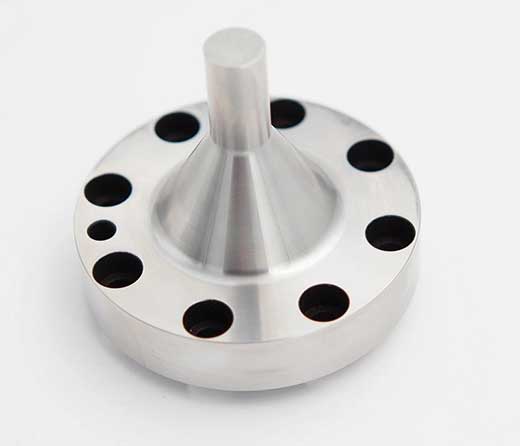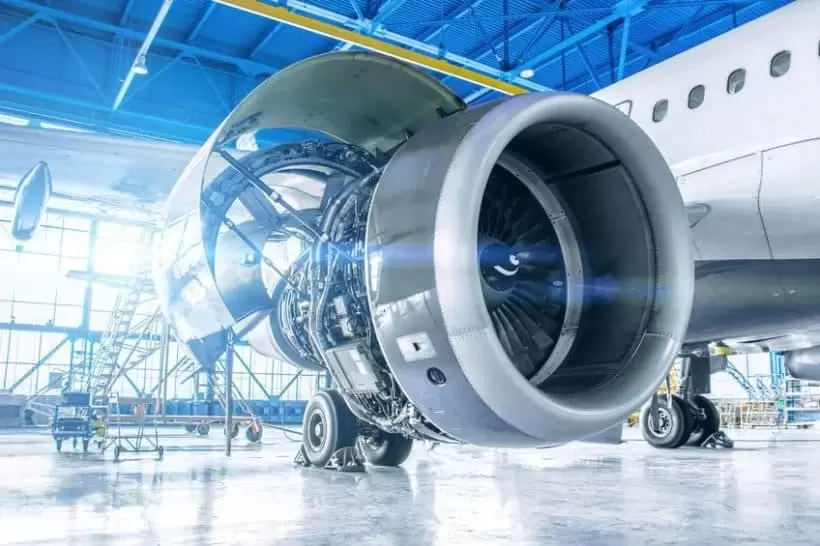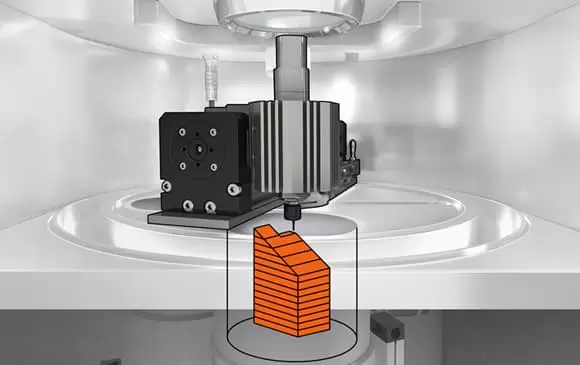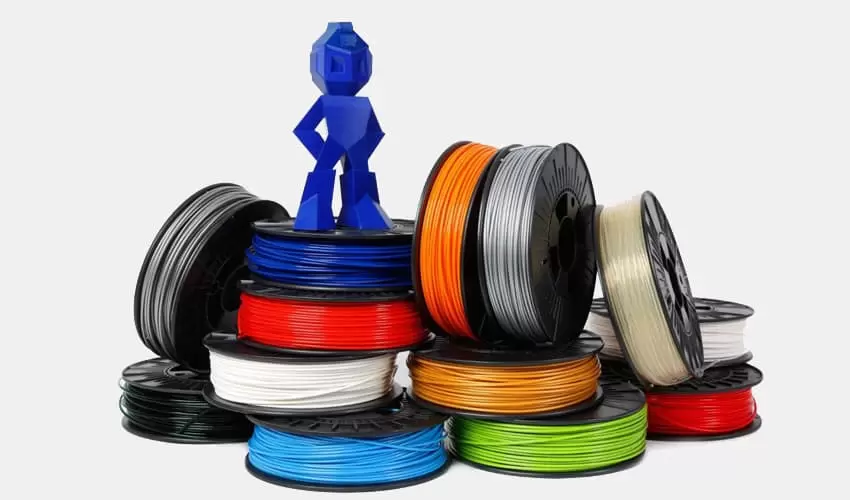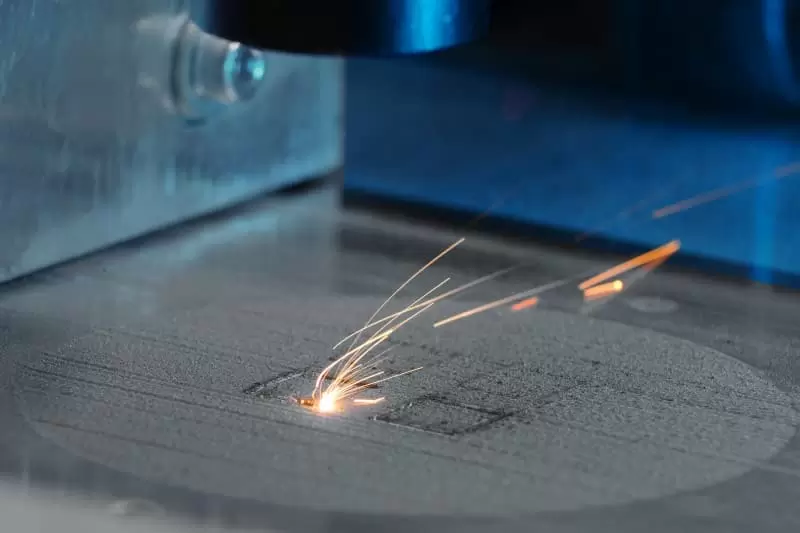The future of precision machining in China looks promising, with advancements in technology and increasing demand for high-quality components. This article explores the potential developments and opportunities in the field, considering the future of machining as a whole, the role of machinists, and the ongoing importance of precision machining.
Advancements in automation and robotics
In recent years, advancements in automation and robotics have revolutionized the precision machining industry in China. Automation and robotics have been introduced into the manufacturing process to automate repetitive tasks such as loading and unloading materials, tool changing, inspection, and cleaning. This has resulted in increased efficiency, accuracy, and cost-effectiveness for precision machining companies.
Leading Precision Machining Companies Using Automation
Several Chinese companies are leading the way in precision machining with their use of automation and robotics. One such company is BYD Auto Co., Ltd. They have implemented a fully automated production line for their electric vehicle battery packs using robots that can perform various tasks including welding, laser cutting, assembly, testing and quality control checks.
Another company that has embraced automation is Shenyang Machine Tool Co., Ltd (SMTCL). SMTCL uses robots to load parts onto machines for processing without human intervention resulting in faster cycle times while reducing labor costs.
Furthermore, Ningbo Haitian Precision Machinery Co., Ltd. has invested heavily in automating its production processes through the use of advanced robotic arms programmed to carry out specific tasks such as deburring or polishing metals which were previously done manually by workers.
Increased Efficiency of Precision Machining Through Automation
Automation eliminates many manual operations required during traditional manufacturing processes allowing manufacturers to produce more products at a faster rate than ever before possible. The speed of operation alone allows these companies to keep up with demand while minimizing downtime between machine setups further increasing productivity levels.
Additionally when working on complex components where multiple steps are needed to complete a task like drilling holes or milling surfaces then automated systems can ensure each step is completed precisely every time easily compared with if it was left solely up to human operators who may miss important details or make mistakes from fatigue over long periods spent performing repetitive actions.
Increased Accuracy of Precision Machining Through Robotics
Precision is essential when it comes down to producing machined parts; even small inaccuracies could cause a significant impact on the final product. Robotic systems in precision machining provide unparalleled accuracy and repeatability, which is essential for producing high-quality parts.
Furthermore, robots can be programmed to perform intricate tasks with exacting standards allowing them to carry out highly complex processes that would have been impossible without their help. This level of accuracy allows manufacturers to produce higher quality products than ever before while reducing scrap rates and minimizing rework requirements.
Cost-Effectiveness of Precision Machining Through Automation
The use of automation and robotics has allowed precision machining companies in China to reduce costs associated with labor-intensive manufacturing processes significantly. With automated machines performing repetitive tasks such as loading materials onto machines or testing finished components, workers are free to focus on more skilled jobs like programming or maintenance work.
Additionally, automated production lines often require less floor space compared with traditional manufacturing setups due in part because they require fewer personnel working per square foot which also helps reduce overall operational costs by eliminating wasted resources required for things like manual material handling or inefficient workflows caused by human error leading ultimately back into increased productivity levels through optimization of each step taken during production cycles.
Increased focus on sustainability and eco-friendly production
In recent years, there has been an increased focus on sustainability and eco-friendly production in the precision machining industry. China, being one of the largest manufacturers in the world, is no exception. Precision machining companies in China are adopting sustainable practices to meet the growing demand for eco-conscious manufacturing from both domestic and international markets.
Challenges and opportunities of adopting sustainable and eco-friendly practices
Adopting sustainable and eco-friendly practices can be challenging for precision machining companies. One major challenge is the high cost of implementing new technologies that reduce energy consumption or waste generation. Moreover, some traditional processes may not be compatible with these new technologies which may require significant reengineering efforts. However, despite these challenges, there are also many opportunities for businesses who successfully adopt such practices.
One opportunity lies in attracting a growing customer base seeking environmentally friendly products. As consumers become more aware of their environmental impact, they increasingly seek out suppliers who share their values by producing goods sustainably or using recycled materials.
Another opportunity comes from government regulations aimed at promoting green manufacturing through incentives such as tax breaks or subsidies offered to companies that implement environmentally responsible policies.
Examples of precision machining companies implementing sustainable practices
Many Chinese precision machining firms have already implemented various strategies to promote sustainability throughout their operations:
BYD Company Limited: One example is BYD Company Limited which specializes in electric vehicles (EVs). They use energy-saving equipment powered by renewable sources like solar panels on factory roofs.
Foxconn Technology Group: Another prominent example is Foxconn Technology Group which produces components for Apple Inc.'s iPhone among other electronics brands. It has set a goal to achieve zero-emissions across its entire global operations by 2030.
Sodick Co., Ltd.: Sodick Co., Ltd., a Japan-based company with subsidiaries worldwide including China has developed machine tools with low power consumption up to 60% less than conventional machines while maintaining high accuracy levels needed for industrial purposes.
How sustainable and eco-friendly practices can benefit precision machining companies and the environment
Implementing sustainable and eco-friendly practices can provide many benefits to both businesses as well as the environment. For instance, it reduces waste generation, greenhouse gas emissions, and water usage while improving energy efficiency which translates to cost savings in the long run.
Moreover, adopting these practices can enhance a company's public image by demonstrating its commitment to environmental sustainability. It also helps attract new customers who are increasingly conscious of their carbon footprint or prefer products with low environmental impact.
Expansion into new industries and markets
The precision machining industry in China has been expanding into new industries and markets, such as aerospace, medical devices, and automotive. This is due to the increasing demand for high-precision components from these sectors. While there are potential benefits of this expansion, there are also risks that companies need to consider.
Potential Benefits
Expanding into new industries and markets can bring several benefits for precision machining companies in China. Firstly, it can diversify their customer base and reduce reliance on a single sector or market. This can provide stability during economic downturns or changes in demand within a specific sector.
Secondly, it can lead to increased revenue streams and profitability. By supplying high-precision components to multiple sectors, precision machining companies can increase their overall sales volume and potentially improve profit margins.
Lastly, expanding into new industries and markets allows for technological advancements through collaboration with other industries. For example, by working with the aerospace industry on advanced materials or manufacturing techniques could benefit both parties involved.
Risks
However, there are also risks associated with expanding into new industries and markets. One major risk is related to quality control issues when producing parts that require higher levels of complexity than what the company is used to producing. If not managed correctly this could lead to damage reputation among customers which may have long-lasting effects on future business opportunities.
Another risk is related to cost management since entering a new market requires investment in research & development (R&D), specialized equipment acquisition as well as hiring additional staff or training existing employees who understand how the industry works which might incur huge costs initially before they start breaking even leading some businesses impacted negatively if they cannot sustain themselves financially at an early stage of expansion.
Benefits to the Economy
Expanding into new industries and markets can also benefit China’s economy more broadly. Firstly it creates more jobs, particularly in R&D departments where companies require highly skilled workers who have expertise in specific areas that are needed by these industries. This can help drive innovation forward within those sectors while at the same time improving competitiveness of Chinese firms against foreign competitors.
Secondly, expanding into new markets can increase exports revenues which helps boost overall economic growth through increased trade activity with other countries.
Conclusion
In conclusion, the future of precision machining in China appears bright and promising. The advancements in automation and robotics have enabled manufacturers to produce high-quality products with a higher degree of accuracy than ever before. Additionally, the focus on sustainability has led to more environmentally friendly practices that benefit both the planet and society as a whole.
As China continues to expand into new industries and markets, there is no doubt that precision machining will play an essential role in driving innovation and growth forward. This technology has already had a significant impact on the manufacturing industry worldwide, improving efficiency while reducing costs.
Overall, it's clear that these developments are likely to continue shaping not only China's economy but also those around the globe. As such, investors and technology enthusiasts alike should keep an eye on this emerging trend – there may be many exciting opportunities just waiting to be discovered!
What is the future of machining?
The future of machining is closely tied to technological advancements. Automation, robotics, artificial intelligence, and the Internet of Things (IoT) are revolutionizing the manufacturing industry, including precision machining. Smart machining systems that integrate machine learning and real-time data analysis are set to enhance productivity, optimization, and predictive maintenance. The adoption of additive manufacturing techniques, such as 3D printing, will bring new possibilities for rapid prototyping and complex part production. Additionally, the increasing use of advanced materials and the development of hybrid machining technologies will shape the future landscape of machining, providing greater efficiency and flexibility.
Is there a future for machinists?
Despite technological advancements, there will always be a future for skilled machinists. While some routine tasks may become automated, machinists will continue to play a crucial role in setting up, programming, and monitoring advanced machining systems. Machinists with expertise in CNC programming, process optimization, and problem-solving will remain in demand. The future for machinists lies in adapting and embracing new technologies, continuously upgrading their skills, and becoming experts in operating and maintaining advanced machining equipment. Their ability to work alongside emerging technologies, analyze complex data, and apply their manual dexterity and specialized knowledge will ensure their continued relevance in the evolving field of precision machining.
What is the importance of precision machining?
Precision machining remains of paramount importance in various industries for several reasons:
- Quality and Performance: Precision machining ensures the production of high-quality components with exacting tolerances, leading to superior performance and durability. Precision machined parts are essential in critical applications where accuracy and reliability are paramount.
- Innovation and Advancements: Precision machining drives innovation and advancements in various industries. The ability to manufacture complex geometries, intricate designs, and custom parts opens the doors to new possibilities, driving technological progress and product development.
- Cost-Effectiveness and Efficiency: Precision machining allows for efficient material usage, reduced wastage, and optimized production processes. This increased efficiency translates into cost-effectiveness, helping manufacturers to remain competitive and meet market demands efficiently.
- Customization and Flexibility: Precision machining provides customization and flexibility in component production. The ability to manufacture highly specialized parts in small quantities or adapt to evolving design requirements is vital for industries such as aerospace, medical devices, and automotive.
- Safety and Compliance: Precision machining ensures compliance with strict safety standards and regulations. It enables the production of components that meet stringent quality control measures, ensuring safety and reliability in critical applications.
As China continues to invest in technology and foster innovation in precision machining, the importance of the field will only grow, contributing to the country’s industrial growth and competitiveness in the global market.
